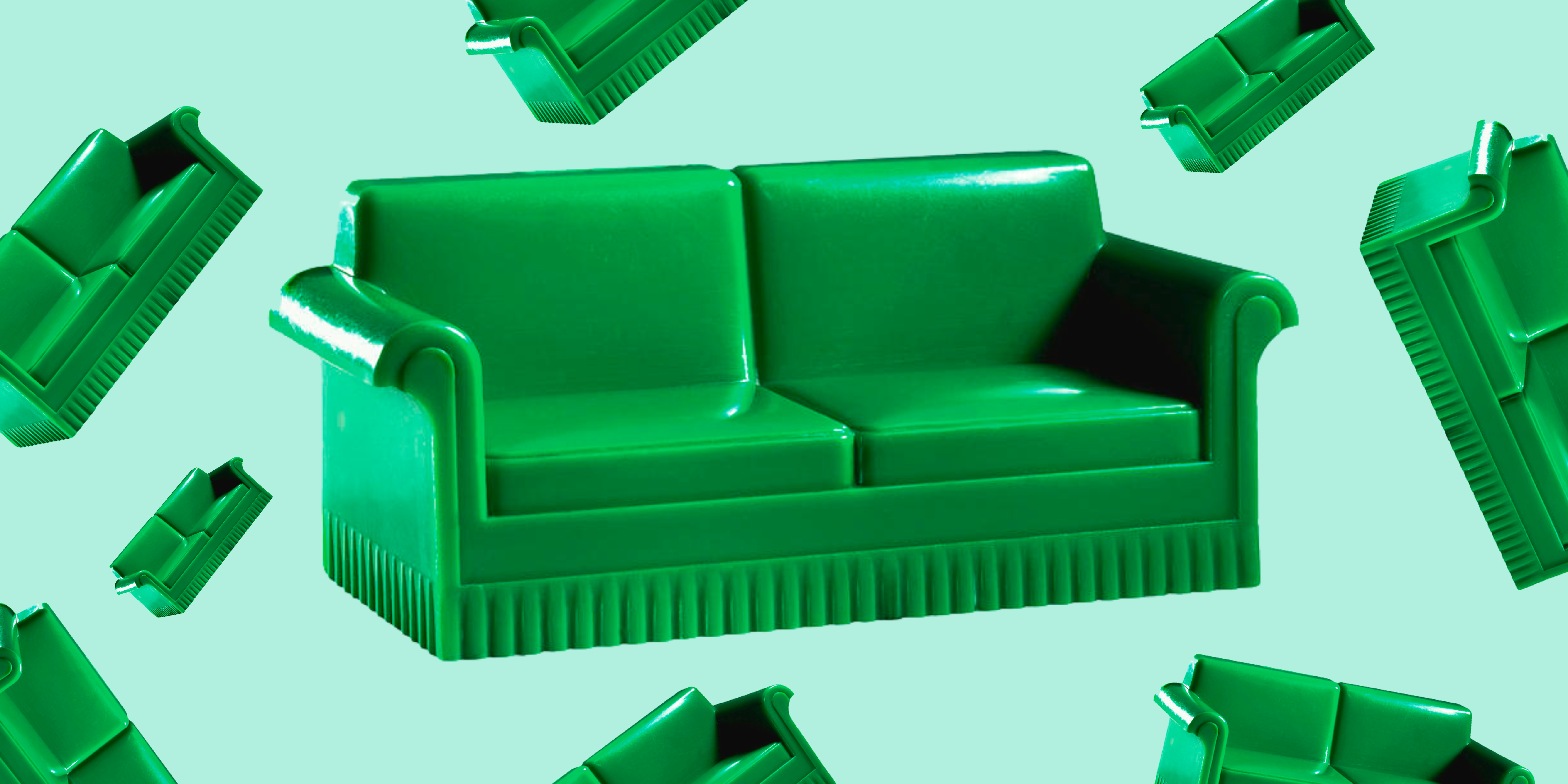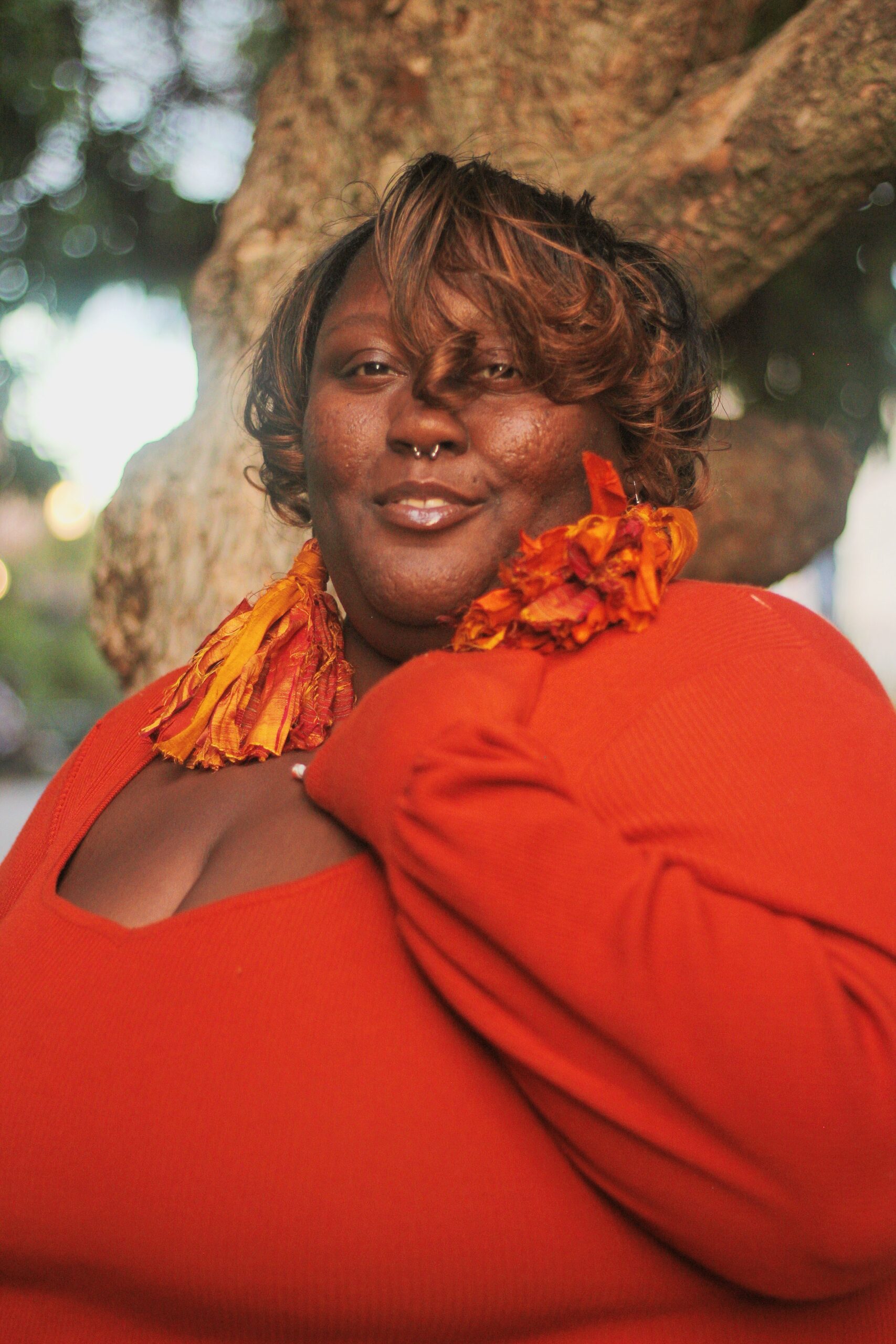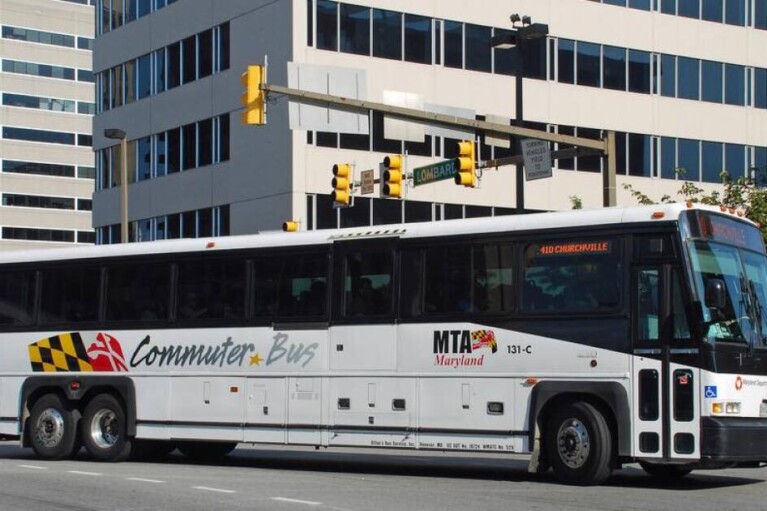Alanah Davis: How to make — and become — a good friend

More than 3,410,000,000 search results grace the Google search engine when plagued with finding the answer most of us spend a lifetime trying to find: A good friend.
What is a good friend? Why’re they so rare? Where can we find good friends? How do we know we’ve found them and should hold onto them? It’s my opinion that these answers are all as elusive as good friendship itself.
As a pretty openly social adult, I’ve been to parties, conferences, pools, gyms, the farmers market, networking mixers, art galleries in and out of state and I still might be only gaining half a friend every two to three years. I say half because something has me facing 007-level difficulty in my mission to find good friendship. I do often feel like the British literary and film character who many times is depicted as a peerless spy, loved by everyone and typically accompanied by no one.
In most instances, from my first non-familial best friend ever Jessica Watson — who I’d plot and plan to get my parents back together with, take baths and eat hot cereal, a tradition of her Jamaican roots — to my next set of childhood best friends Brit and Q.Green, who I met at my second school after moving to Maryland and something just clicked with us, we were all smart and creative. Q.Green is a talented singer, and Brit was and still is really good at drawing, and me with my wild imagination.
Whether we were playing in a school yard, in my home, with Barbies, talking about boys or caring for our Tamagotchi pets in the 90s and early aughts, we were just in sync. An inexplicable magnetism that could only be explained by … science? God? Similar interests? I don’t know; it’s really all speculative.
With Q.Green, I remember our first moments bonding vividly because those moments almost — who am I kidding? — definitely got me in trouble. I was in elementary school in Baltimore County and had decided to pick up playing an instrument in the school orchestra. I’ve always been the kind of woman to go big or go home so I picked the cello. An instrument almost the size and width of me: a girthy and cute third grader with orchestral ambition.
As in most instances with friendship or in life when I decide to go big instead of go home, I hadn’t calculated some details, like the fact that neither one of my parents drove (a common characteristic of families from New York) and that I would have to carry my widely set 16-pound cello home on my back…uphill…in every kind of weather.
One day my newfound school friend Q.Green was riding by with her own mother in their car (a common characteristic of families in Baltimore). After what I imagine was a prompt from Q.Green about her new friend, her mom leaned over the steering wheel and asked, “Do you need a ride?” I hesitated for a brief moment because I knew better than to talk to strangers but then I looked up ahead at the hill in front of me and made a split-second decision to get in the car. A dangerous decision for any child to make, cello-bearing or not.
By the grace of God, I made it home that day. My father — who hadn’t found work in a new state yet — was usually home and apparently timing my arrivals; he was looking out of the window to see that I came home in a strange car. Before I could make it across the grass to our apartment building he was downstairs ready to greet the driver with New York-accented questions regarding who they were, why I was in the car and more.
Could I really blame my father? No. He had known and cared about me for my whole life. Once my mother came home, all hell broke loose. They were both livid with me for riding home with a stranger. My pursuit of not having to carry that cello home and reinforcing my new friendship to Q.Green were top of mind, and not my safety, their points were made. But something about making a new friend just inclines you to go with things that you might not be familiar with, in my opinion. It was a huge risk at first, but Q.Green’s mom became something like another parent to me throughout the course of our friendship, so it was worth the risk in the end.
I still talk to and hang out with Q.Green from time to time. Our friendship has not been devoid of struggle or time apart, but I’m glad we took the chance all those years ago to get to know one another. Not to be morbid, but one day we all spoke to our childhood best friend for the last time or we put that Tamagotchi pet onto a non-plastic covered couch and it sank into the cushions forever, never to be cared for again, like our friendships often do as adults.
As adults the loads we have to bear are all much heavier than any child-sized cello. We’ve thrown factors like children, our professions, romantic relationships, dreams, finances and more to the mix of trying to make and keep friends. We’re lucky to see friends we may have made over the years once a year…or decade?
One of my biggest hurdles in making good friends as an adult is that my peers are cruising into an age where everyone wants to get married. Those romantic pursuits are taking precedent over platonic ones. For friends like me — who have already been married, had children and are divorced, separated or single — we have an understanding that things like romanticism in friendship are of a high value. I’m unafraid to love on people and don’t think that one relationship type beats the other out for more attention, care or validity.
Friendship is enjoyably romantic for me in some instances and involves things like closeness, dates and an expressiveness that could all be akin to a romantic relationship. But of course that goes beyond what is common in contemporary Western societies where all of those things are traditionally saved or are strictly for romantic relationships.
As of late, I’ve found myself in a new adventure as a long-term social studies substitute teacher for a group of Catholic middle schoolers here in Baltimore City. I see so much of myself reflected in the lives of the young people I’m with day in and day out. They’re all in the throes of finding out not only who they are (and either battling or finding acceptance with that), but they also face academic challenges, are starting to form strong complex friendships and peer relationships, and are facing new-ticket items like peer pressure, puberty and body image.
I don’t feel unlike the young people at this middle school. Still trying to find the balance of whose car I should get into. Which peer pressures I should ignore and which I should indulge in. If I should go big and do another round of shots at a bar in Hampden or go home. Body image. (Yes, that’s a complete sentence.)
I’m still finding myself clicking with people, still finding that magnetism and it’s still not without its struggle. I can’t lie, sometimes I want to stick my adult friendships down into a non-plastic covered couch myself and purposely lose them like the Tamagotchi pets of my childhood. Even good friendship is complicated.
I’m a far cry away from the elementary- or middle school-aged antics of what friendship may have looked like for me then, but if I had to use my experiences to carve out a short list of how to be a good friend, I’d say be reliable, thoughtful, trustworthy, and willing to share yourself and your time. Being a good listener never hurts. You’ve got to be prepared to listen and support friends just as you want them to listen to and support you. Don’t be afraid to love and love on your friends with time, attention, gifts and one the best gifts any adult could get: give your friend space.
We all lead busy lives. We’re all going to disagree at one point or another, but space has been the common denominator in any of my successful friendships, space. What about yours?
We don’t have to be accompanied by no one on our mission of life here on Earth. We can do this together, if we try…and give each other a little space to think, to process and unearth our own definition and application of a good friend.




 Creative Commons Attribution
Creative Commons Attribution